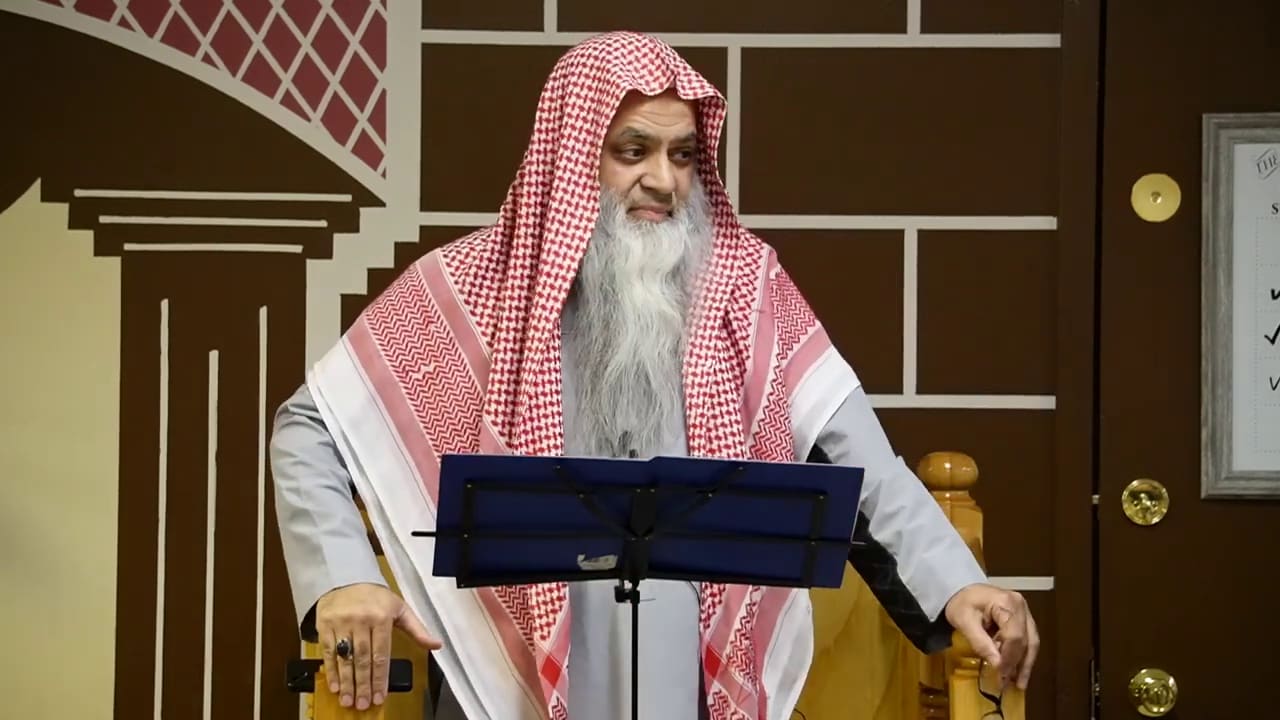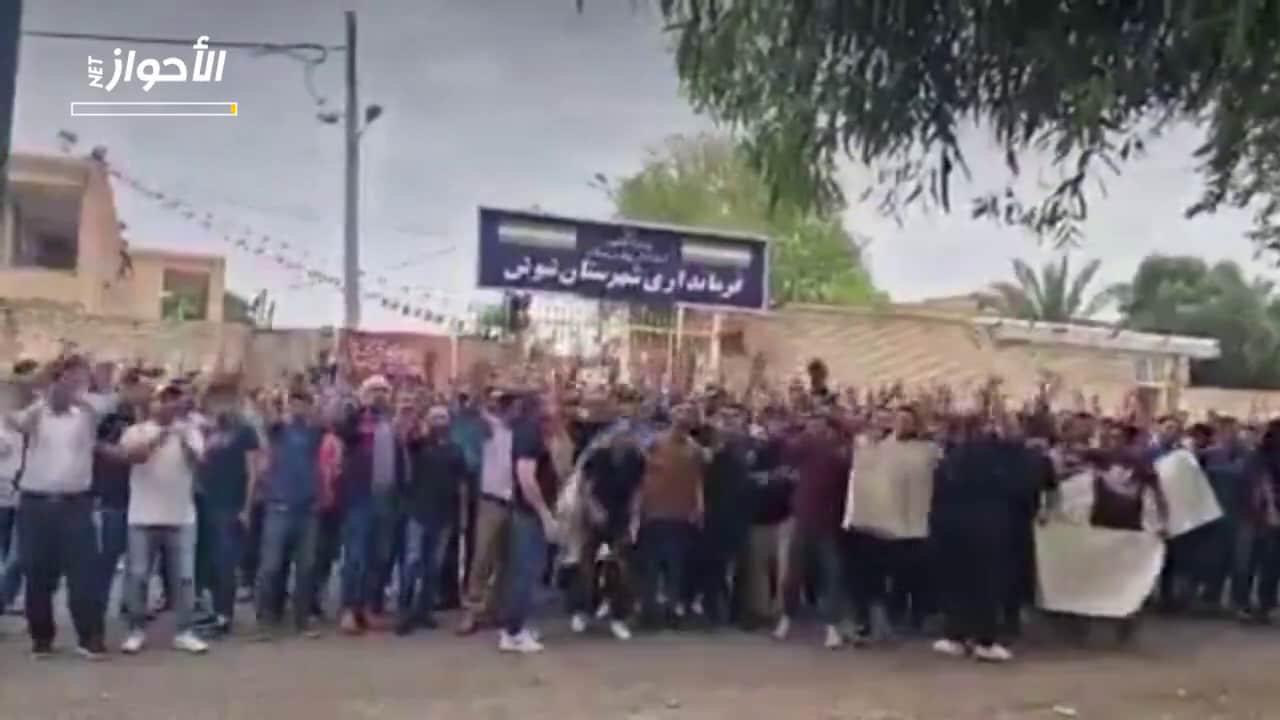
In a recent interview, Egyptian poet and journalist Abdul Rahman Yousuf Al-Qaradhawi, the son of prominent Sunni Scholar Sheik Yousuf Al-Qaradhawi, said: "In my view, the current rule is illegitimate... This spider-web which is now being spun, is doomed to collapse, and in a very short time."
Following are excerpts from the interview, which was posted on the Internet on November 30 and December 1, 2013:
Interviewer: Are you considering running for president?
Abdul Rahman Yousuf: I will do so when they free Morsi... The only position in which one can effect change is the position of defense minister, and not that of president. According to the constitution that they want to pass, the defense minister will be above accountability, whereas the president will face every type of criticism, whether justified or not. I appreciate the question, but I don't think that I am suitable to run for president.
Interviewer: You said that the present defense minister is more powerful than the president.
Abdul Rahman Yousuf: That's right.
Interviewer: And that the president is just a figurehead.
Abdul Rahman Yousuf: He is the president of his republic but there are other "republics." Egypt has turned into several peoples – you have the military people and the civilian people, the rich and the poor, the educated and the ignorant, the liberal and the Islamic. There is an attempt to fragment the people, which managed to stand united, and topple – or all but topple – the regime. Now, they are resurrecting the despotic regime. All the attempts to fragment the people serve the survival of the despotic state. It is in the interest of that state for the Egyptian people to become divided into warring groups. This will make it easier to continue oppressing it without any accountability.
[...]
[They have resurrected] the Egypt of Hosni Mubarak, the security agencies, the Egypt of the emergency law, where there was one single opinion, and if you oppose this opinion, you are considered a traitor, who is financed from abroad.
[...]
We see that people who opposed Hosni Mubarak have now succumbed to their instinctive hatred of the Muslim Brotherhood. They have taken this all the way, to the point that they help the despotic regime resurface, as a result of their hatred for the Muslim Brotherhood. This is the basic difference between what happened on January 25, and what happened after the military coup.
The January 25 Revolution was based upon love, and aroused in the people only positive feelings, stemming from their love for the country. What happened on July 3, on the other hand, stemmed from nothing but hatred toward the Islamists and the Muslim Brotherhood – regardless of whether or not they deserve this hatred. It was based not upon patriotic love, but upon hatred toward people in power.
[...]
There are many question marks regarding the Muslim Brotherhood's rise to power, after they had already decided not to compete for all the seats in parliament and in the People's Assembly, and not to present a presidential candidate.
I call upon the honorable viewers and the Islamists to take an unbiased look at what Khairat Al-Shatar said to the
We have seen this scenario unfold in dozens of countries in which revolutions were staged against a military regime that ruled for many years. I don't want to question their intentions, but I wonder why the Muslim Brotherhood changed from their position of refraining from running for power, and of trying to achieve agreement between all the forces in Tahrir Square to taking control over everything.
[...]
I claim that I have a role to play. I write articles, and I try, to the best of my ability, to reach anybody who cares about what is happening. Through these efforts, I work for the interests of the revolution, and in the interest of joining forces against the despotic state, which is trying to return to our lives.
[...]
My principles have remained the same. Anyone who claims that Egyptian citizens do not have the right to oppose their ruler by democratic means, and to demand new elections and a new legitimacy... Anyone who claims this does not understand the meaning of democracy. Democracy is my right to oppose.
Anyone who does not see the question marks around Morsi's continuation in power, and who does not see the real cracks in his legitimacy, does not see the sun in the sky. There was a crisis with regard to [Morsi's] legitimacy after the constitutional declaration and all the ensuing catastrophes. He did not even try to fix those cracks, I'm sad to say.
[...]
What happened on June 30 was a great wave of the revolution. I respect everybody – or at least, most of those – who took to the streets, and demanded the constitutional rights that they are entitled to demand, when a crack was formed in the legitimacy of the ruler. But it turned into a military coup, with emergency measures, with the return of the security forces, with bloodshed, and with a coup...
Some say that we must prevent, at all costs, a return to the situation we were in before June 30, but they must prepare for a return to the situation before January 25. What is happening now is not a return to the situation before June 30, but a return to the situation before January 25. This is like swimming upstream, or flying against the force of gravity. Anyone who is deluded into thinking that such a thing could happen has not read the history books, has not learned the lesson of the present, and has not gained any vision for the future.
[...]
If you are talking about legitimacy – in my view, the current rule is illegitimate. True, it makes decisions, and drafts a constitution... But this spider-web which is now being spun, is doomed to collapse, and in a very short time.
[...]
The Muslim Brotherhood were trying to tame a tiger, but ultimately, the tiger devoured them. That is what happened. In order to tame that tiger, they sold out their true allies, who stood alongside them in Tahrir Square. They sold out those who elected them, supported them, and stood with them against the counter-revolution led by the other candidate [Ahmad Shafik]. They sold them all out. That is the problem – not the minor details of their conduct.
[...]
They had no real desire to rebuild any of the state's apparatuses. They wanted to gain power – not to accomplish the demands of the January 25 Revolution, or of the people that carried out the revolution. That's my opinion.
[...]
It is inconceivable that a regime that came to power as a response to demonstrations will ban demonstrations. If Hosni Mubarak had issued this law, I could have turned a blind eye, but this regime is the only one in the world that does not have the right to ban demonstrations. If not for the demonstrations in the streets, they would all be sitting in their homes now. This regime is the last one in the world that can issue an anti-demonstration law. It is the only regime in the world that has no right to legislate a single law against demonstrations.
[...]

















